Hey there, future moms and dads! With all the advice flying around about how to give your baby the best start in life, you’ve probably heard about prenatal music. But does playing music to your baby bump actually do anything? Let’s dive into the science, explore how to pick the perfect tunes, and discover the best ways to use prenatal music. Spoiler alert: it’s not just about Mozart!
The Science Behind Prenatal Music
First, let’s get to the heart of the matter: does prenatal music actually work? According to research, babies can start hearing sounds from around the 18th week of pregnancy. By the 26th week, their little ears are fully formed and they can respond to noises. While the exact benefits of prenatal music are still being studied, many experts believe that it can have a positive impact. Here’s how:
Bonding Time: Playing music can help you bond with your baby before they’re even born. It creates a calming environment for both you and your little one.
Calm and Comfort: Some studies suggest that music can help soothe and calm the baby, both in the womb and after birth.
Stimulation and Development: Music might stimulate your baby’s developing brain and enhance their sensory and cognitive development.
Choosing the Perfect Tunes
Now, how do you pick the right music for your baby bump? Here are some tips:
Classical Music: The classics are classics for a reason. Mozart, Beethoven, and Bach are popular choices because of their complex, soothing melodies.
Lullabies and Nursery Rhymes: These are great because they’re specifically designed to be calming and comforting.
Nature Sounds: Gentle rain, ocean waves, and birdsong can create a peaceful soundscape for your baby.
Your Favorites: Don’t shy away from playing music you love. If it makes you happy and relaxed, it’s likely to have the same effect on your baby.
Using Prenatal Music the Right Way
Once you’ve got your playlist ready, it’s time to put it to good use. Here’s how:
Volume Control: Keep the volume at a comfortable level. Your baby’s ears are delicate, and the sound is already muffled by your body.
Timing is Everything: Play music for short periods—about 20-30 minutes at a time is plenty. There’s no need to have a constant soundtrack.
Consistency: Try to play music at the same times each day. This can help establish a routine and make the music more familiar to your baby.
Sing Along: Your voice is one of the most comforting sounds to your baby. Don’t be afraid to sing along with the music—it’s a great way to bond.
Movement and Music: Combine music with gentle movements. Swaying or rocking while the music plays can enhance the soothing effect.
The Bottom Line
While the jury is still out on all the long-term benefits of prenatal music, there’s no harm in giving it a try. The key is to keep it enjoyable and relaxing for both you and your baby. Whether it’s classical compositions, gentle nature sounds, or your favorite tunes, the goal is to create a loving and calm environment.
So, grab those headphones, create your perfect playlist, and let the musical bonding begin. Happy listening, future parents, and enjoy this special time with your little one! 🎵👶❤️
The Science Behind Prenatal Music
First, let’s get to the heart of the matter: does prenatal music actually work? According to research, babies can start hearing sounds from around the 18th week of pregnancy. By the 26th week, their little ears are fully formed and they can respond to noises. While the exact benefits of prenatal music are still being studied, many experts believe that it can have a positive impact. Here’s how:
Bonding Time: Playing music can help you bond with your baby before they’re even born. It creates a calming environment for both you and your little one.
Calm and Comfort: Some studies suggest that music can help soothe and calm the baby, both in the womb and after birth.
Stimulation and Development: Music might stimulate your baby’s developing brain and enhance their sensory and cognitive development.
Choosing the Perfect Tunes
Now, how do you pick the right music for your baby bump? Here are some tips:
Classical Music: The classics are classics for a reason. Mozart, Beethoven, and Bach are popular choices because of their complex, soothing melodies.
Lullabies and Nursery Rhymes: These are great because they’re specifically designed to be calming and comforting.
Nature Sounds: Gentle rain, ocean waves, and birdsong can create a peaceful soundscape for your baby.
Your Favorites: Don’t shy away from playing music you love. If it makes you happy and relaxed, it’s likely to have the same effect on your baby.
Using Prenatal Music the Right Way
Once you’ve got your playlist ready, it’s time to put it to good use. Here’s how:
Volume Control: Keep the volume at a comfortable level. Your baby’s ears are delicate, and the sound is already muffled by your body.
Timing is Everything: Play music for short periods—about 20-30 minutes at a time is plenty. There’s no need to have a constant soundtrack.
Consistency: Try to play music at the same times each day. This can help establish a routine and make the music more familiar to your baby.
Sing Along: Your voice is one of the most comforting sounds to your baby. Don’t be afraid to sing along with the music—it’s a great way to bond.
Movement and Music: Combine music with gentle movements. Swaying or rocking while the music plays can enhance the soothing effect.
The Bottom Line
While the jury is still out on all the long-term benefits of prenatal music, there’s no harm in giving it a try. The key is to keep it enjoyable and relaxing for both you and your baby. Whether it’s classical compositions, gentle nature sounds, or your favorite tunes, the goal is to create a loving and calm environment.
So, grab those headphones, create your perfect playlist, and let the musical bonding begin. Happy listening, future parents, and enjoy this special time with your little one! 🎵👶❤️
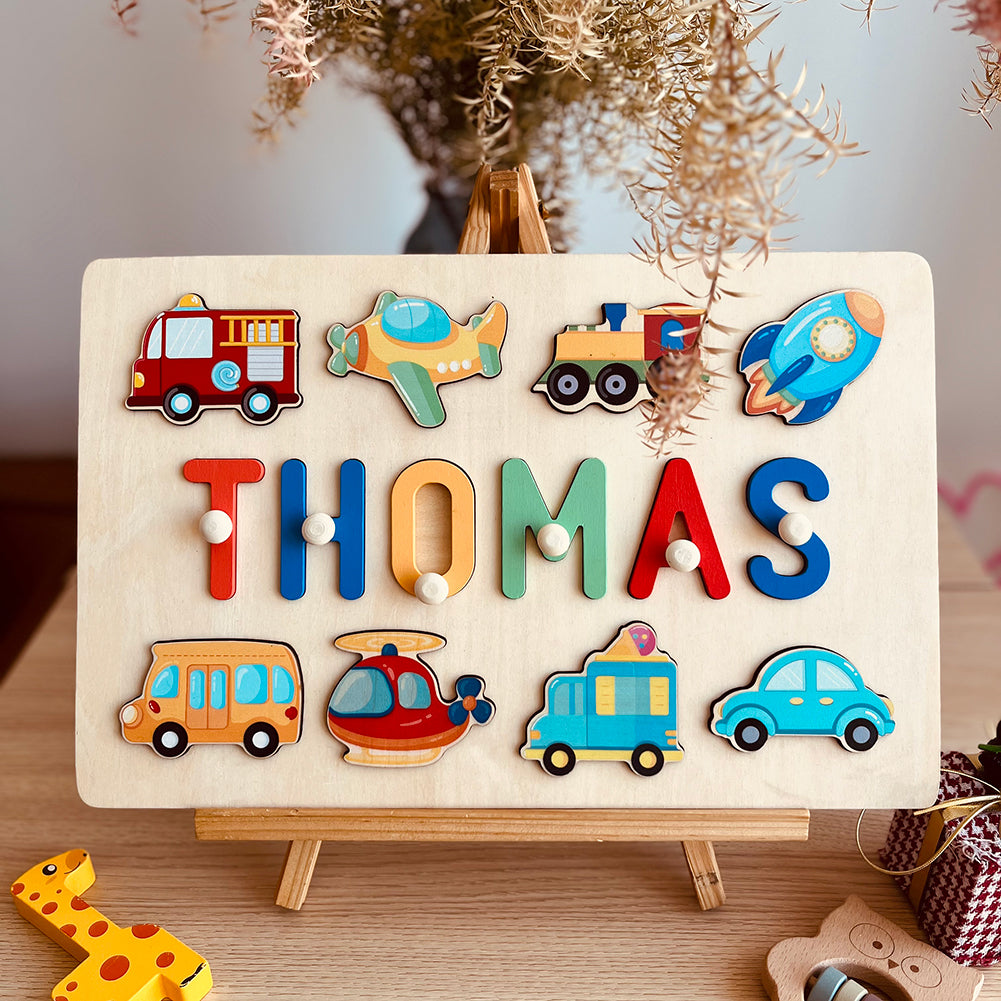

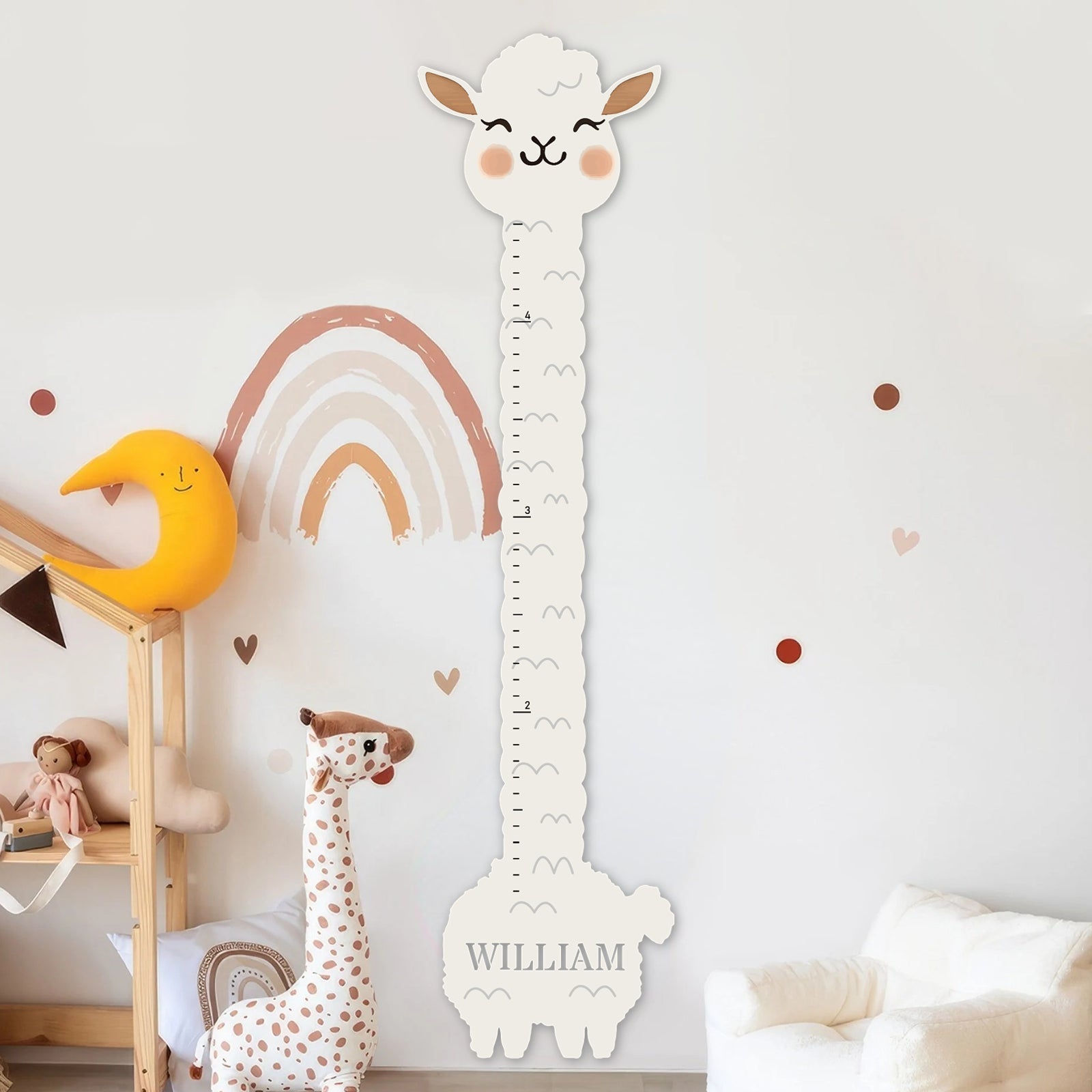

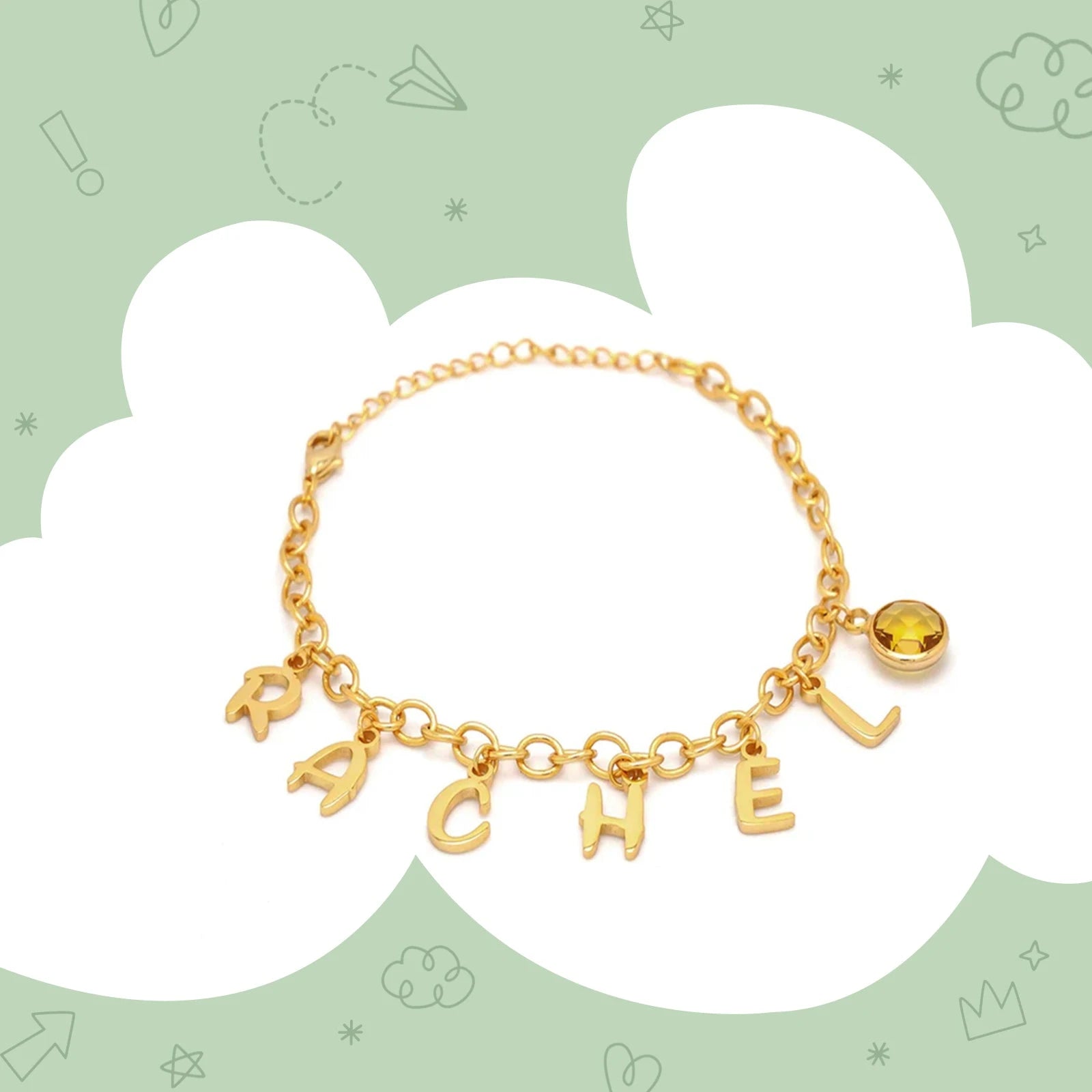
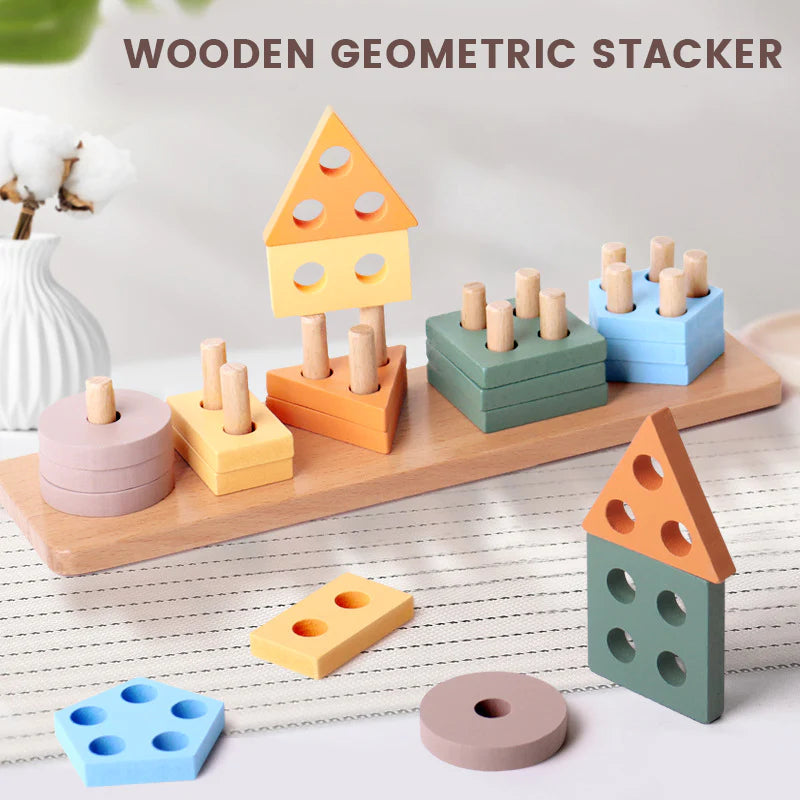



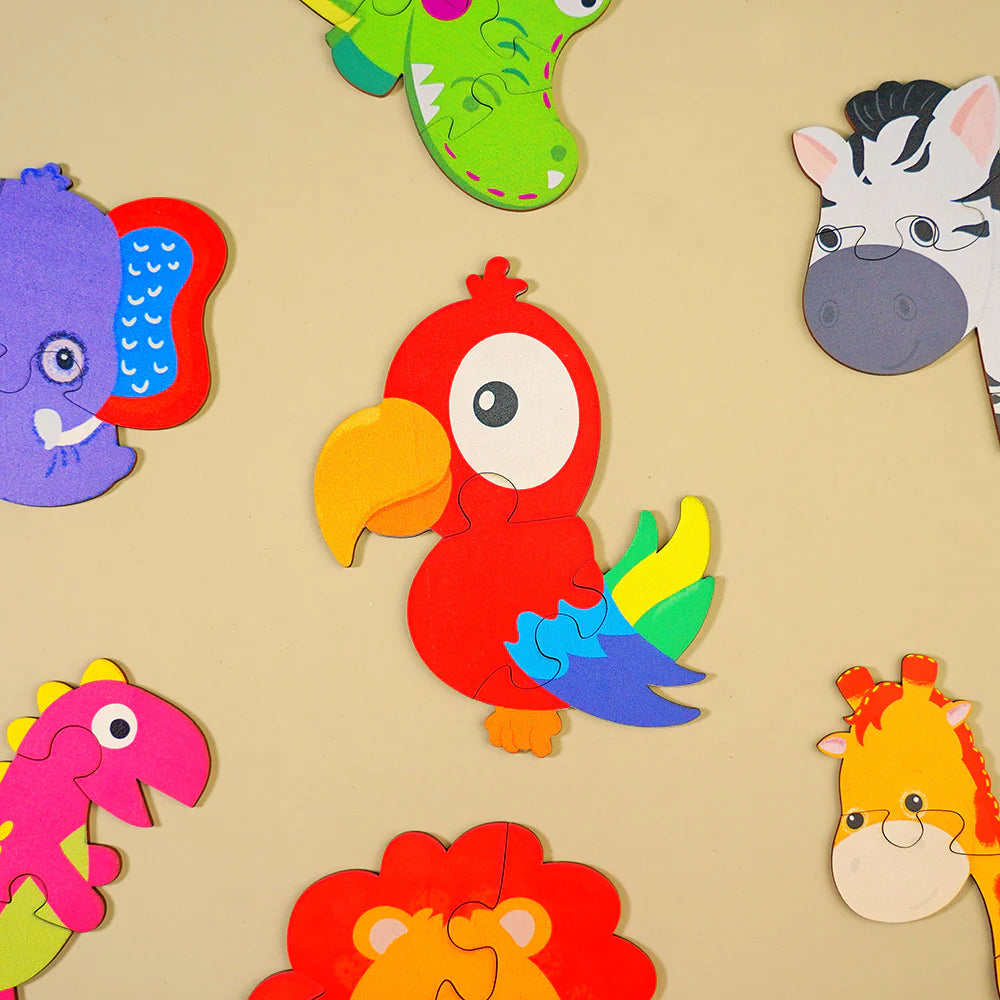










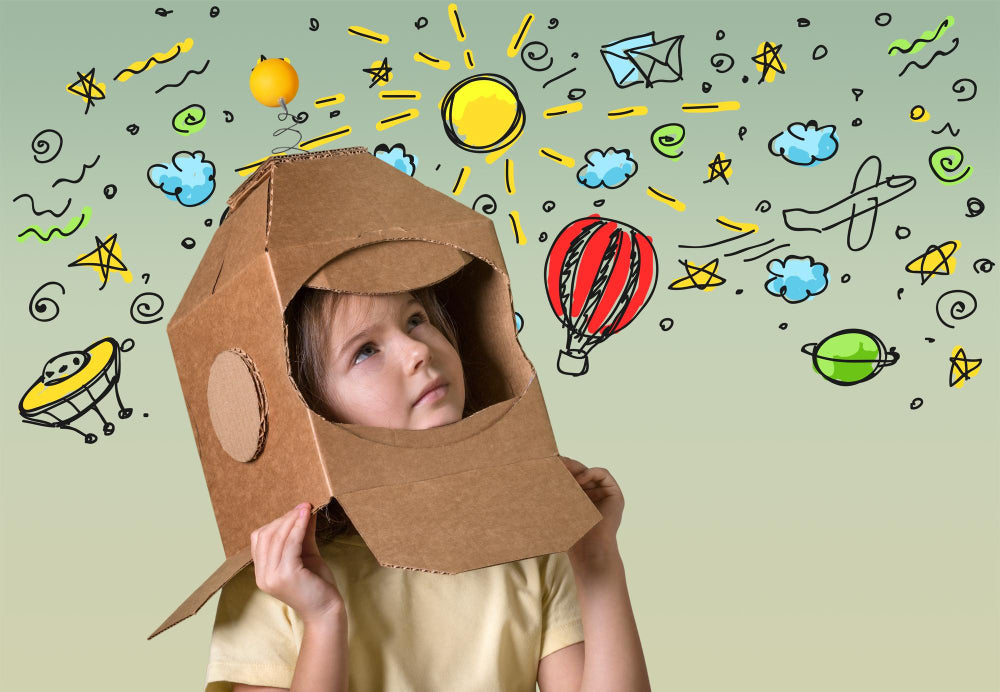
Leave a comment